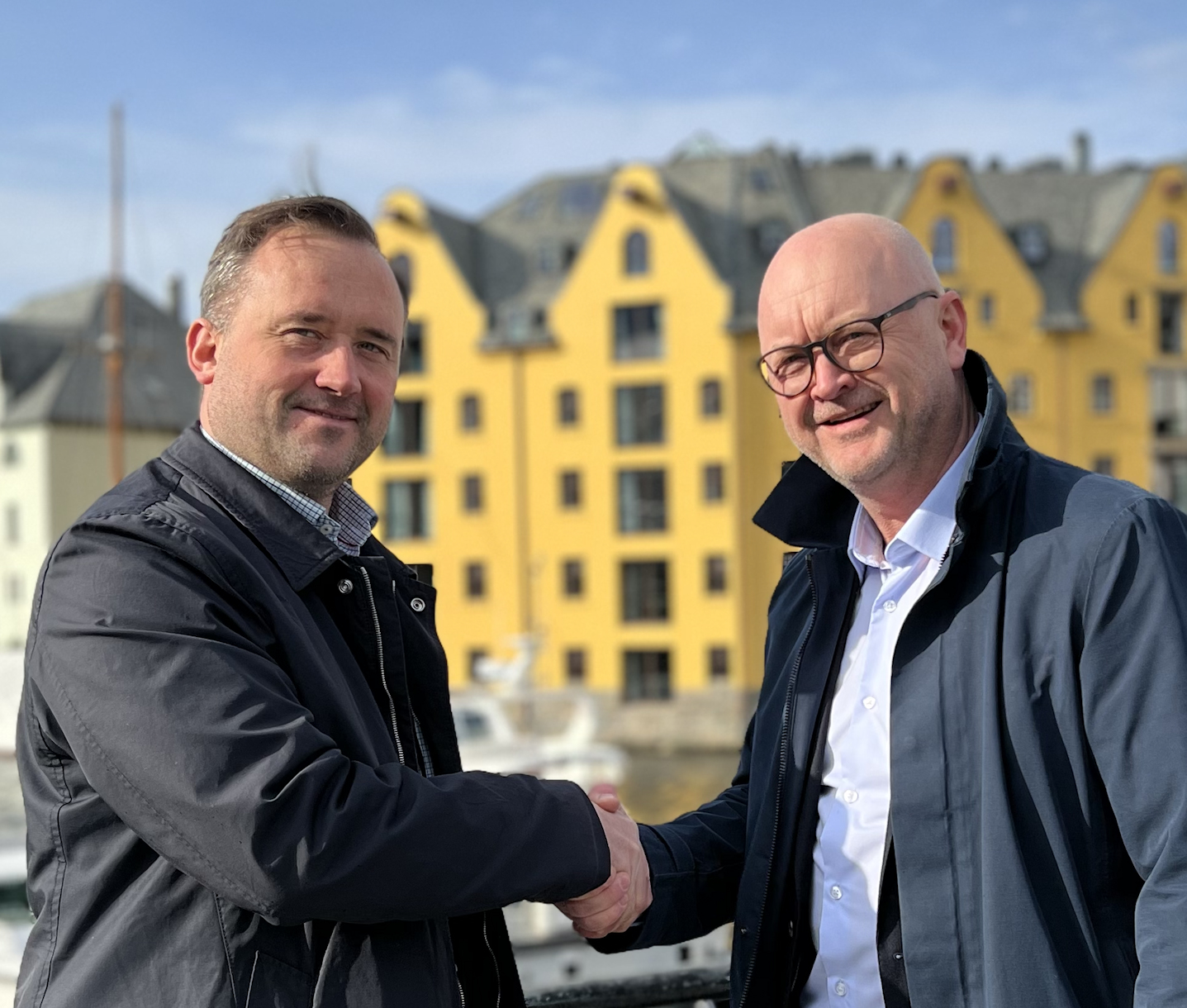
Dag Nikolai Ryste, CEO of Glocal Green AS, says, "A two-year study and dialogue between us have today resulted in a joint commitment to hydrogen production in connection with Glocal Green's methanol production units. It has crystallized into a clear win-win model between the parties, and in addition, this efficiency will benefit all other parties along this holistic value chain, and not least the market."
The bio-methanol will be produced from low-grade biological residual materials and by-products from forestry, agriculture, and the marine sector. By adding hydrogen in the production process, all the green carbon is used, resulting in a volumetric doubling of methanol production. This methanol, with added hydrogen, is termed bio-e-methanol.
The market for this green methanol is enormous and growing, both within the chemical industry and as a replacement for fossil fuels in the maritime sector and aviation. Hydrogen production requires access to power, and in a growing global power deficit, high transition efficiency is important.
This concept, which combines bio-waste and hydrogen, contributes to optimal energy utilization, where the energy from the biomass, together with the energy from the added hydrogen, provides an outstanding yield to the input power. The result is a green liquid hydrogen carrier at a competitive price that will contribute significantly to the green transition.
The first project is in Øyer in Gudbrandsdalen. The goal is an annual production of 150,000 tons of bio-e-methanol, which will also involve local production of 15,000 tons of green hydrogen from electrolysis. This illustrates what such a symbiosis can do for the development of hydrogen production and for Norwegian Hydrogen AS as a hydrogen player.
Jens Berge, CEO of Norwegian Hydrogen AS, comments, "By combining our resources and expertise, we can offer sustainable solutions that meet the increasing demand for green fuels. We look forward to realizing the many opportunities this partnership will bring, both nationally and internationally."
Beyond the commitment in Øyer, the parties also aim to develop several similar projects, initially in the Nordic region.

